The Path to a Cleaner, More Affordable Future
Forget the negative impacts on the planet, heating with fossil fuels negatively impacts Vermonters, who must spend significant money each year heating their homes and businesses. And that negative impact is worsening as the price of fossil fuels becomes more volatile. If you heat your home with oil or propane, you’re paying a lot more now than you did last year. In January 2021, heating oil cost $2.30/gallon. Today, we're paying over $4.00/gallon. So, an average Vermonter is paying over $1,500 more to heat their home this winter.
The most effective thing we can do to ensure that Vermonters can afford to keep heating their homes is to help them reduce their reliance on fossil fuel for heat. But many residents worry that efforts to do so will strain their wallets. Will they have to buy costly equipment? Will fuel become more expensive? Will taxes increase?
Wealthy Vermonters are already switching to cleaner heat sources and enjoying cozier homes and lower, more stable heating bills. Meanwhile, most Vermonters can’t afford the initial investment required to make the switch, so they aren’t reaping those same benefits.
I am committed to ensuring that all Vermonters can benefit from clean heat, not just those with plenty of disposable income. That’s why I supported the Clean Heat Standard (CHS), a bill recently passed out of the House to help Vermont achieve a 40% reduction in emissions by 2030, as required by the Vermont Global Warming Solutions Act.
Modeled after the proven Renewable Energy Standard in Vermont and over thirty other states, the CHS would put the impetus on fossil fuel suppliers to reduce greenhouse gas emissions over time. To meet the CHS emission reduction requirements, suppliers can choose among several options, like offering incentives to offset the cost of heat pumps, advance wood heat stoves or weatherization services. They could also offset some of their fossil fuel sales with less carbon intensive alternatives like biofuels.
Residents can choose the options that work best for them, or they can do nothing at all. The obligation to deploy clean heat solutions is on the fossil fuel supplier, not the consumer.
If passed, the CHS will be implemented incrementally over several years. The Public Utility Commission (PUC) is required to undertake a two-year public engagement process to ensure that fuel dealers, manufacturers, public advocates and citizens–those Vermonters and small business owners most likely to be affected by the changes–are informing the final makeup of the standard.
Some Vermonters worry that changes will cause a significant increase in the price per gallon of fossil fuel, or that the intention of clean heat legislation is to make fossil fuel unaffordable in an effort to reduce its use. On the contrary, the CHS is designed to protect consumers against a transfer of cost burden. Based on comparable laws, we expect any increase in the price of fuel to be at most a few cents per gallon, or less than $50 per year for the average Vermonter burning 1000 gallons of fuel for heat. One of those protective measures is that the PUC will regularly analyze the CHS’s impact on the cost of fuel, allowing us to adjust the standard if it places intolerable burden on consumers.
Everyone deserves to be safe and warm in their homes, not just those who can afford expensive upgrades. If passed, the CHS bill will provide a variety of pathways to lower cost, clean heating solutions that will save Vermonters money. To support a reduction in both emissions and the cost of heating for ALL Vermonters, I urge the Senate to pass the Clean Heat Standard.
